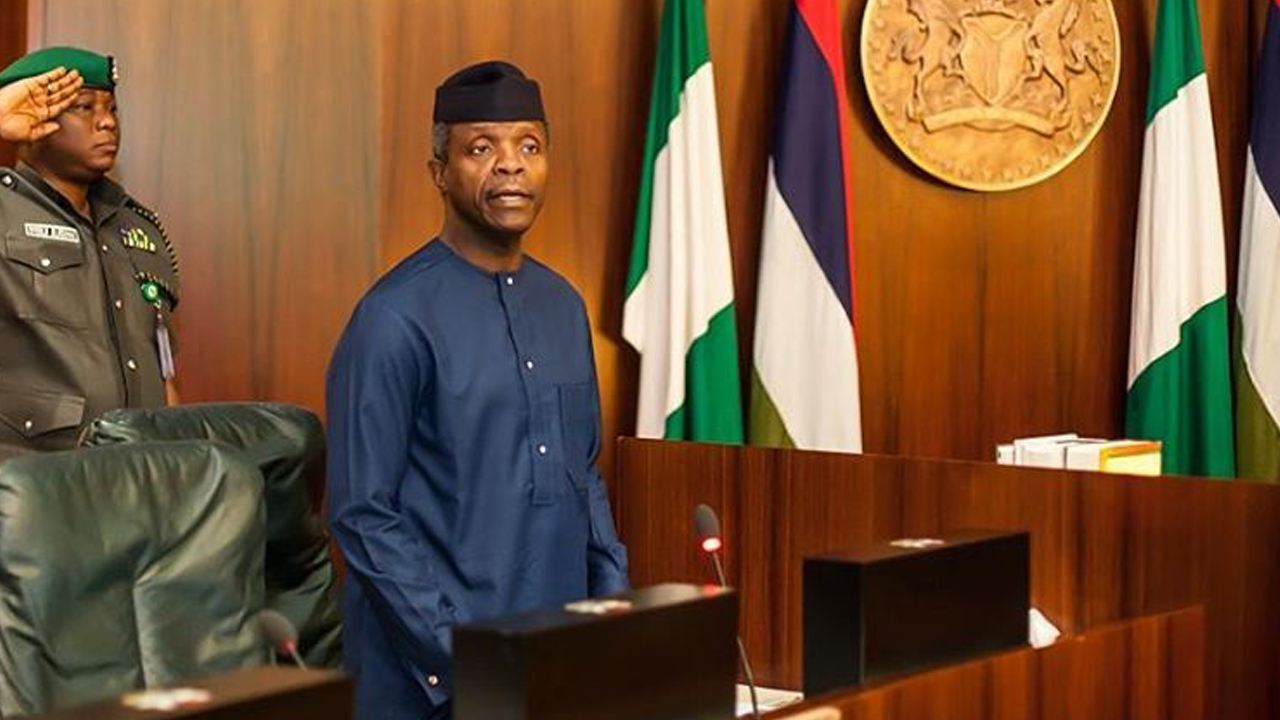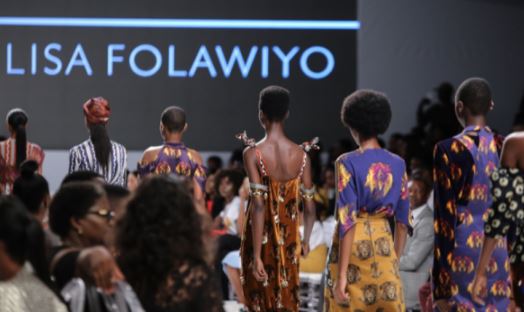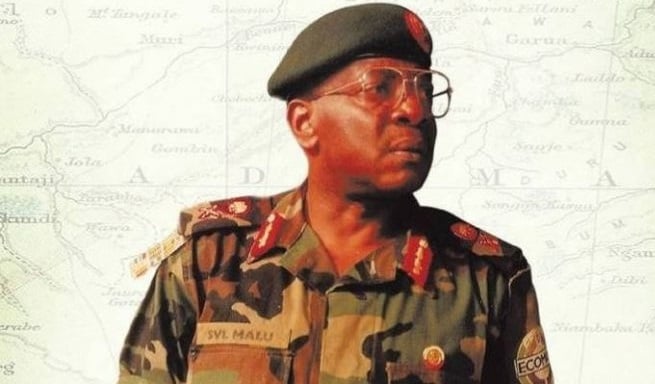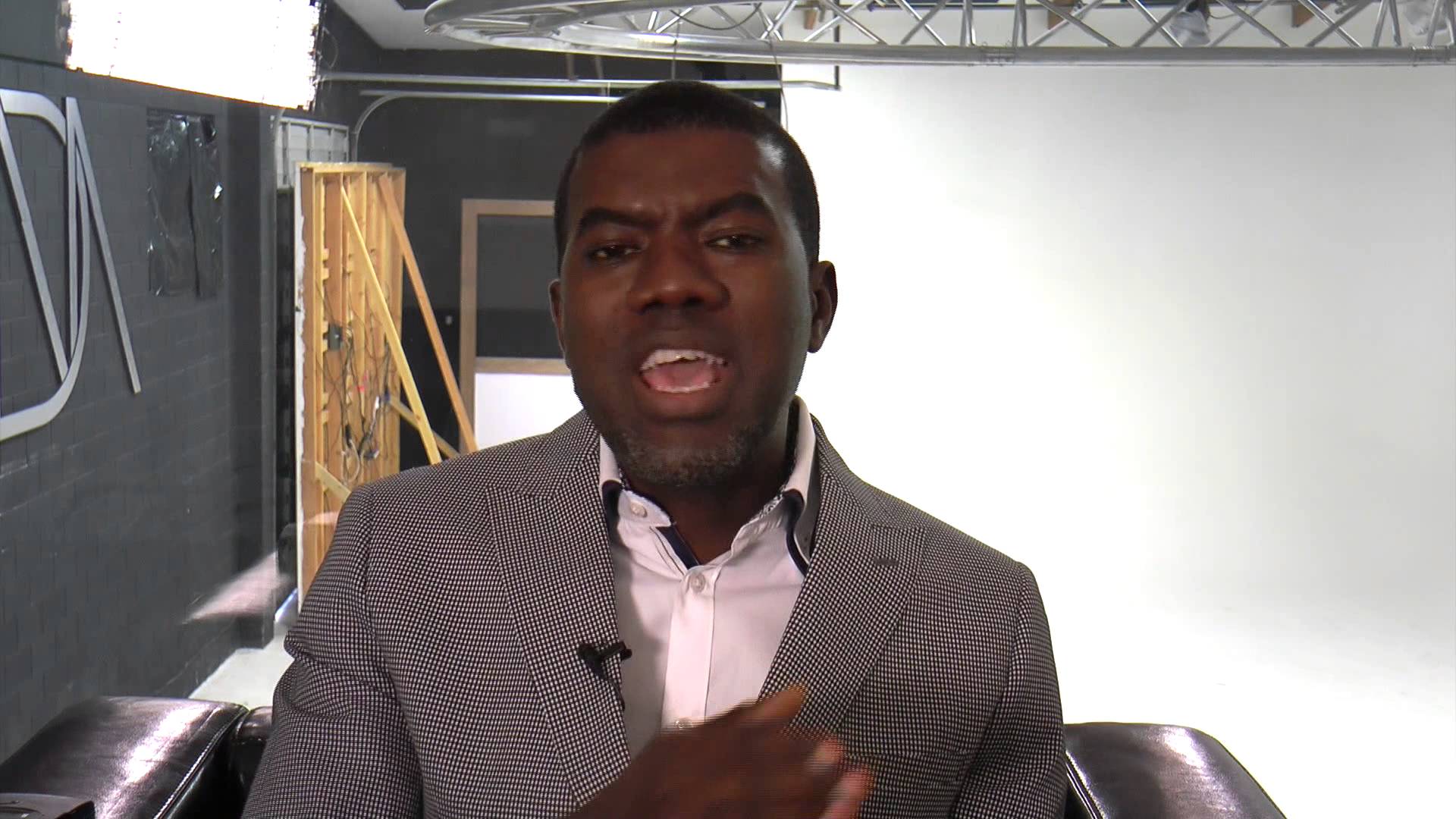Vice-President Yemi Osinbajo has spoken on the reason he asked Maikanti Baru, group managing director of the Nigerian National Petroleum Corporation (NNPC), to report to Ibe Kachikwu, minister of state for petroleum resources, when President Muhammadu Buhari was on medical vacation.
Speaking on Friday at the ‘Greater Nigeria Pastors Conference’ organised by the coalition of Apostolic leaders, the vice-president said while Buhari was away, he did not exercise the power of the petroleum minister.
He also responded to the allegations raised by Kachikwu in his controversial memo to Buhari.
Kachikwu had accused Baru of insubordination and alleged that the GMD awarded contracts worth $25 billion without consulting the governing board of the corporation, though the minister later recanted.
Advertisement
But making reference to the Bureau of Public Procurement (BPP), Osinbajo said the consent of the NNPC board was not needed in the award of contracts.
“In the oil and gas sectors, we have the NNPC as our national oil company. Kachikwu was both the minister of state and NNPC boss at a time,” Osinbajo said.
“The GMD reports to the minister, who is the president. It is possible that the GMD reports to the president directly.
Advertisement
“When I was the acting president, I was not the minister of petroleum. I could ask Baru to report to the minister of state. Is it the board of the NNPC or the NNPC tenders board that approves contract? The answer given by the Bureau of Public Procurement is that it is the tenders board.
“There could be conflicts between ministries. The only reason it became an issue was that it came to the public. NNPC law says that the president approves the contract that exceeds a certain amount.
“In the previous law, it could be taken to the council of ministers. When it was amended, it is the president that approves and it may not come to the federal executive council.”
Osinbajo, who spoke on the theme ‘Towards a better Nigeria’, denied allegations on the imbalance in federal appointments.
Advertisement
He said the appointments reflected federal character and were based on merit.
He also commended the efforts of Ibrahim Magu, acting chairman of the Economic and Financial Crimes Commission (EFCC) in fighting corruption in the nation.
“Magu is a highly competent figure. His fight against corruption has been unprecedented. We must insist on merit, which many people don’t believe in. Merit must come before quota,” he said.
Advertisement
Add a comment






